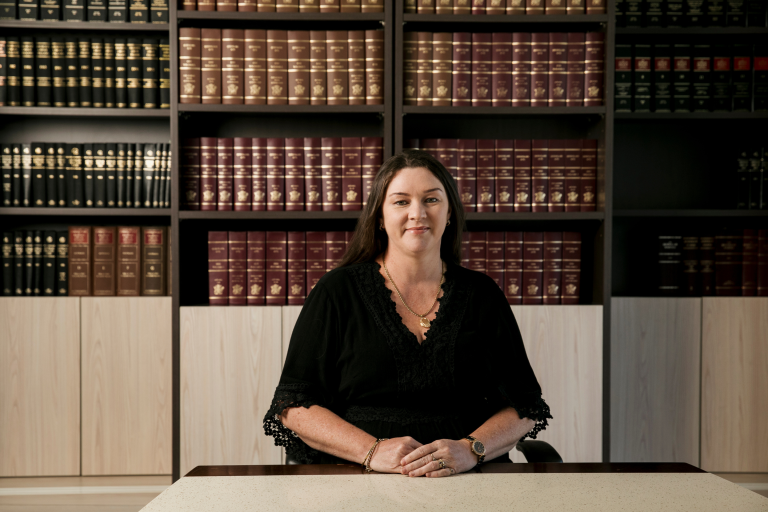Consent Orders and Financial Agreements are two ways to make a property settlement agreement binding. Read on to find out which one is right for your circumstance.
When a property settlement agreement has been reached on the division of your property after separation, there are two ways to formalise that legal agreement to make it binding on you and your former partner. That is, by Consent Orders or a Financial Agreement.
Consent Orders
Consent Orders are made between two parties by filing an Application for Consent Orders with the Family Law Court of Australia. Before the Consent Orders can be made, the Court must be satisfied that the property settlement agreement reached between you and your former partner is ‘just and equitable’.
In other words, the Court must be satisfied that the Orders are fair for both you and your former partner. It is not necessary for the parties to seek legal advice from property settlement lawyers before filing for Consent Orders, but it is recommended.
The benefits of Consent Orders are that that they are relatively easy to prepare, with the Family Law Court of Australia website offering a ‘Do it yourself kit’. However, they do require time and effort to be sure they are correct and binding on you and your former partner. If you are transferring real property from both you and your partner to just one of you, you will receive a stamp duty exemption.
Financial Agreements
Financial Agreements, or Binding Financial Agreements, after separation are a private agreement between you and your former partner to determine how your property settlement is to be dealt with. Financial Agreements are not filed with the Court, but still need to meet certain requirements to be binding. Before either party can enter into a Financial Agreement, the parties must each receive independent legal advice from their own property settlement solicitor. The Agreement must also comply with the requirements of the Family Law Act.
The benefits of a Financial Agreement are that they do not get considered by the Court, however, this can also put the Financial Agreement at risk of being set aside if it is legally determined that the agreement reached between you and your former partner was not ‘just and equitable’. Like Consent Orders, you will also receive a stamp duty exemption to transfer real property.
Which document should I choose?
The decision of which of these two documents you should use to formalise your settlement is dependent on each individual matter. Butler’s Nambour property lawyers and family lawyers in Sunshine Coast can discuss these two options with you in greater detail and provide you legal advice as to what is the best option to formalise your settlement.
Contact our Nambour lawyers today for all the property legal advice, family legal advice & divorce legal advice you need when ending a marriage or partnership.
This property and family law article is not intended to advise you in relation to your specific circumstances and should be used as a general guide only. For property law services, contact our Sunshine Coast property settlement lawyers.




















